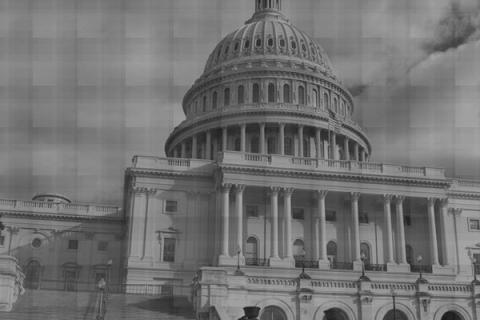 Credit: courantblogs.com
Credit: courantblogs.com
"In recent days, it has become clear that our systems to identify and remove hate speech have failed to work as effectively as we would like, particularly around issues of gender-based hate," Facebook wrote in an open letter earlier this week.
This proclamation comes just one week after an online campaign organized by Women, Action and The Media and The Everyday Sexism Project rocked the Internet, calling on Facebook advertisers to pull their ads from pages trivializing violence against women.
In just one week, activists gathered enough support to send more than 5,000 emails to Facebook advertisers and 60,000 tweets, resulting in over twelve companies -- Nissan included -- pledging to discontinue advertising if gender-based hate speech was not addressed by the company.
The expediency at which Facebook responded is reflective of two things: 1) the growing power of social media as a tool for political activism, 2) the immediate need to balance freedom of speech and community respect.
1) Social Media: A New Wave of Political Activism
Since its creation, social media has led to the widespread sharing of information. In the political sphere, it had a significant impact on not only the presidential election, but a number of defining societal moments in 2012.
The immediacy of Facebook's response to Women, Action and The Media's campaign against gender-based hate speech signals a shift in the nature of political activism. What was once defined by boycotts and protests, now manifests in the form of online petitions and trending hashtags, with 39 percent of adults using the Internet to engage in the political process.
2) Freedom of Speech on Facebook vs. Community Respect: A Balancing Act
In Facebook's open letter, the company made clear that the gender-based hate speech posted on the network did not fit within their community standards.
Hate speech, as defined by Facebook, is content that explicitly targets people based on race, ethnicity, national origin, religion, gender, sexual orientation, disability, or disease. In the past, Facebook has responded to complaints about hate speech directed towards historically discriminated against groups, prohibiting content that is directly harmful.
The statement makes clear that freedom of expression, as defined in the company's Statement of Rights and Responsibility, is not absolute. As a private company, their decision to monitor speech is their choice, not obligation, which is why there will always be hate speech on Facebook.
Facebook goes on to explain that they do, however, allow offensive or controversial speech, granting users a right to freely express themselves on the network. In an attempt to balance freedom of speech and community respect, Facebook states:
"Our defense of freedom of expression should never be interpreted as license to bully, harass, abuse or threaten violence."
But where does one draw the line between offensive and harmful speech? Do images posted on Facebook depicting rape and violence encourage the perpetuation of such acts in society? If so, could the creation of Facebook groups with opposite messages solve the problem?
In order to find a balance between freedom of speech on Facebook and community respect, Facebook vows to work with representatives of women's groups and experts working in this area to "to identify how to balance considerations of free expression." They promise to "do better."
This is not the last time Facebook will have to respond to political activism. Burdened with the impossible task of monitoring all speech on the network, Facebook has opened the door to a whirlwind of complaints, campaigns, and criticisms.
While Facebook's statement is seen as a victory to some, there are over one billion users on the network posting over 300,000 times a minute. This is why there will always be hate speech on Facebook.
